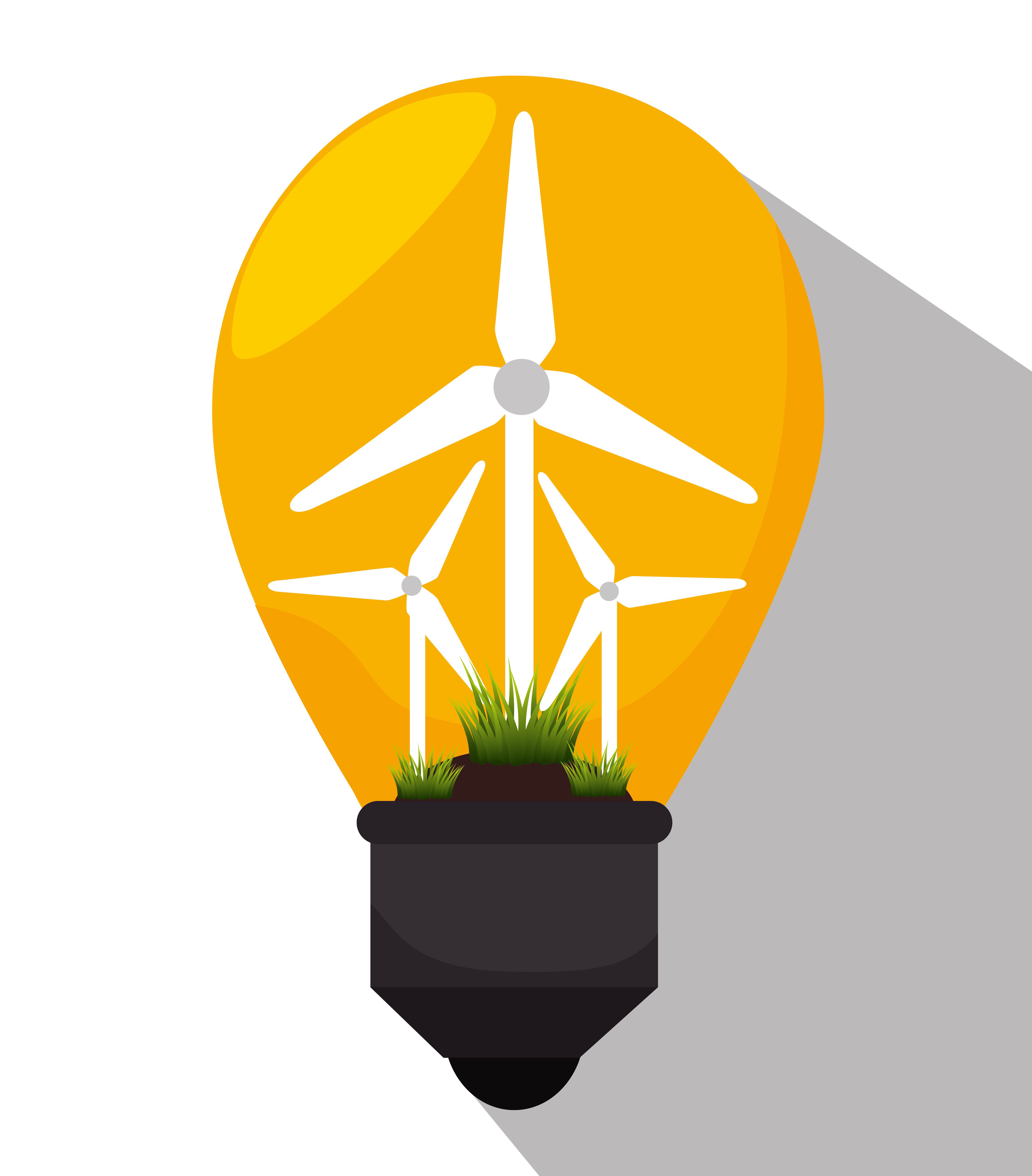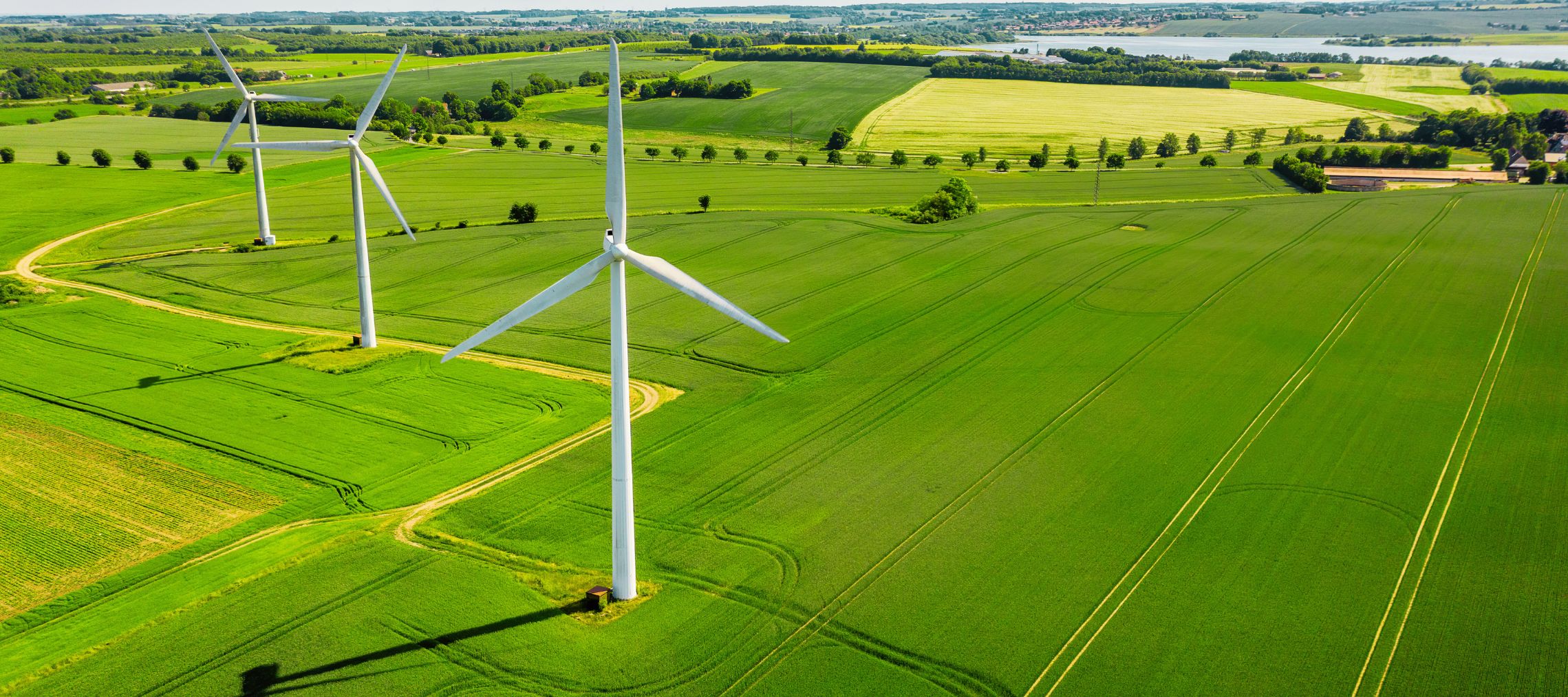The progress towards India’s ambitious net-zero goals requires that all states contribute to it. Some states have been quite proactive, announcing their own (state) net-zero targets. Kerala is one of the first states to do this, besides Gujarat, Maharashtra, Tamil Nadu, and a few more. While India has pledged to achieve net zero by 2070, Kerala aspires to do so by 2050, along with an aim to meet 100% of its energy needs through renewable energy (RE) sources by 2040.
The state recorded its highest peak demand ever (5,646 MW) on 29 April. Interestingly, the state meets only 30%-35% of its energy needs through internal power generation (majorly via hydropower plants), while the rest is met through imports of coal-based power.
The rising electricity demand and the heavy dependence on thermal imports call for a tailored roadmap that can deal with these issues, while also aligning with Kerala’s aim to transition towards RE sources. To support the state's initiatives in this direction, the Center for Study of Science, Technology and Policy (CSTEP) conducted a study for developing an actionable plan to facilitate Kerala's shift towards clean energy by financial year (FY) 2039-40, specifically by increasing the share of RE in its generation mix.
Kerala’s RE potential is significant, which renders it capable of transitioning towards a sustainable and self-sufficient energy landscape. While a comprehensive tailored approach can enable the state to meet its goals, it needs to be prompt in planning its future energy supply.
Read more

Cover image by studiogstock on Freepik
